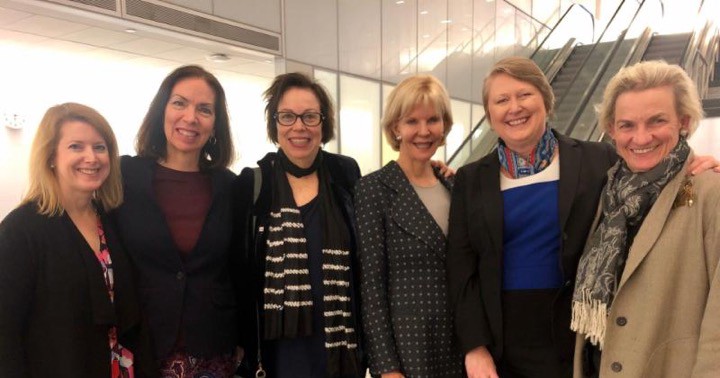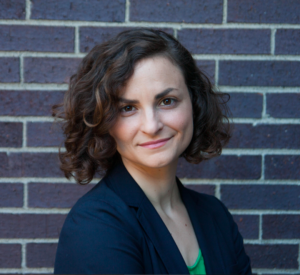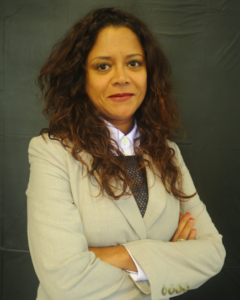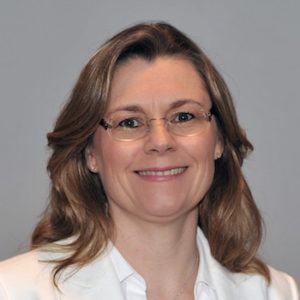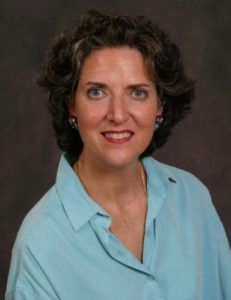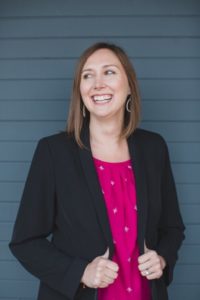
This entrepreneur’s business school competition led to a thriving startup that aims to help busy parents achieve work-life balance.
Jen Saxton, Founder and CEO of Tot Squad, attended Duke University and Kellogg School of Management at Northwestern University. Early in her career, while working as a management consultant, she noticed a lack of work-life balance, particularly among millennial parents trying to manage a busy career and a growing family. To address this need, Jen created Tot Squad. New moms like Jen struggle to find quality providers that will help them keep their baby safe and ease their mind and body’s adjustment into parenthood. Tot Squad optimizes delivery of perinatal health, wellness and safety services through its omnichannel marketplace of virtual and in-person service pros.
Golden Seeds’ Lisa Favaro discussed with Jen how the company she founded has become a marketplace for baby services.
LF: Tell us about the origins of your company.
JS: As I focused on my passion to find ways to improve work-life balance, I had about 40 different business ideas, but I kept thinking about how difficult car seats are to clean, how hard they are to properly install and that there wasn’t a business out there helping parents. With this idea, I won the Kellogg Cup MBA Business Plan competition, which gave me the confidence to start my business. On top of my strategy consulting job post-graduation, I was driving a van and cleaning dirty car seats on weekends — some days, I’d be at the office at 3 a.m. doing both jobs. It was a great way to bootstrap until we got some traction!
LF: What market need are you solving?
JS: The first baby service we focused on was car seat installation. When I was first starting out, I learned that car accidents are a leading cause of death for children. Ninety-five percent of car seats are improperly used, and nearly 50 percent of children who die in car accidents were improperly restrained. We want to reduce that number by helping parents install them properly. What really drives our culture is that everyone on our team wants to save children’s lives and make parents lives easier.
Initially, our business plan was around franchising a mobile pop-up service doing baby gear safety checks and cleaning. While participating in the Goldman Sachs’ 10,000 Small Businesses program, I realized Tot Squad could be like the Geek Squad for the baby industry. We now have service centers open inside buybuy Baby stores in 10 markets. Once we started selling our services online with Amazon, we realized we had built a marketplace and could expand into other service categories beyond baby gear to cross sell to the same parents.
LF: What challenges have you encountered along the way? How have you overcome them?
JS: One of the biggest challenges for us has just been the slow pace of working with the bureaucracy of large corporate entities. For example, it took us 3.5 years to get our first service center open inside a big box store. The timing it takes to get large partnerships going is a real challenge for a startup, which might not have the cash flow to stay alive long enough to close the deal.
The thing my team says about me is that I’m “relentlessly optimistic,” which is such an important trait for an entrepreneur. When you’re an entrepreneur, so many things can go wrong so often. You must be incredibly resilient because it’s such a challenging career path. You also have to be resourceful and know how to stretch a dollar better than the next guy. You’ve got to know your strengths and be self-aware enough to build a team to complement you.
LF: What’s coming up next for your company? Any big milestones on the horizon?
JS: Amazon has a home services platform that connects a buyer with a service person. For example, when you buy a TV you can get it installed. If you buy a shower head, a plumber comes to install it. I thought if they can do all that, then when you buy a car seat, why can’t you be connected with someone trained to install it properly?
We just launched on Amazon Home Services a few weeks ago. So with Geek Squad or with Amazon Home Services, it’s bundling a service with a product. That’s what we’re doing in the baby industry. When you buy a car seat at buybuy Baby or on Amazon, we can connect with you with more than 500 car seat techs that we’ve recruited all over the country. We’re matching consumers to a service professional in their community.
We realized very quickly this could evolve into a marketplace for all baby services. If you’re buying a baby gate, you can buy the baby-proofing at the same time. If you buy a nursing bra, we can connect you with a lactation consultant. If you’re buying a baby carrier, we can match you with a baby-wearing specialist. There are so many opportunities to connect moms with vetted service professionals, whether online or in person, as part of the retail purchase. We’re in the early stages of deciding how we’re going to build and grow our marketplace, but we’ve already tackled the hardest part: securing retail distribution up front.
LF: What advice do you have for early-stage founders about raising money, growing a team, fostering company culture or other issues you’ve had to address?
JS: Sales is such an important — if not the most important — skill set for a founder to have. Everything I do is sales — business development, fundraising, recruiting. All of these things are examples of selling your vision to someone. From a partnership perspective, I’ve been very successful in getting people excited to see where we’re going. I’ve been similarly successful with recruiting. I’ve had people take $100,000 pay cuts to come work with me (with an equity upside) because they really believe in what we’re doing.
When it comes to company culture, we often say that we take our work really seriously but we don’t take ourselves very seriously.
LF: Tell us about your experience with Golden Seeds. How has the Golden Seeds network been helpful to you?
JS: Golden Seeds has been critical to our success. I raised a $1.8 million round in 2016 and in that round, I raised about half from existing relationships and the other half through angel groups, which would never have happened without Golden Seeds. When I received the money from them, it was transformative for our raise because other angel groups then followed. Many of those folks wouldn’t have otherwise given me the time of day, but they knew that if Golden Seeds members were investing, then I had made it through an incredibly thorough due diligence process and that gave them the confidence to invest in me.
The other way that Golden Seeds has been so helpful in our success is that, Lisa, having you as a board member has been incredible in helping me navigate resources. My deal with Amazon ultimately came through an introduction from one of my Golden Seeds investors, Lynn Baine. The network is remarkable. The best investors bring far more than dollars to the table; they bring energy, ideas, connections, guidance and perspective. Golden Seeds has delivered on all of those dimensions and continues to support us as we grow.
Subscribe to our newsletter for updates on angel investing and Golden Seeds companies.





